Rice Wine Equipment: An Overview
The craft of brewing rice wine is steeped in tradition, yet modern rice wine equipment has transformed this ancient practice into a streamlined process. This category encompasses a variety of apparatuses designed to facilitate the production of rice wine, from initial fermentation to final bottling.
Types of Rice Wine Equipment
Diverse types of equipment cater to different stages of the rice wine production cycle. Rice wine maker machines are integral, providing automated solutions for mixing, fermenting, and sometimes distilling the wine. Fermentation tanks, yeast inoculation systems, and temperature control units are also part of this category, each playing a crucial role in the quality of the final product.
Applications and Features
The application of rice wine equipment spans small-scale artisanal setups to large-scale industrial operations. Features vary widely, with some machines offering advanced automation for temperature and fermentation control, while others focus on the precision of the brewing process to maintain the authenticity of flavor.
Materials and Construction
Durability and hygiene are paramount in the construction of rice wine equipment. Stainless steel is a commonly used material, known for its resistance to corrosion and ease of cleaning. Other materials may include food-grade plastics and specialized alloys for specific components that require additional strength or thermal conductivity.
Advantages of Modern Equipment
Modern rice wine equipment offers numerous advantages, such as increased production efficiency, consistent product quality, and enhanced sanitary conditions. Automation in rice wine maker machines reduces the need for manual labor and minimizes the risk of contamination, which is crucial for maintaining the integrity of the rice wine.
Choosing the Right Equipment
Selecting the appropriate rice wine equipment involves considering production capacity, the specific type of rice wine being produced, and the desired level of automation. Prospective buyers can sift through a multitude of options, comparing the functionalities and technical specifications to ensure they find equipment that aligns with their operational needs.


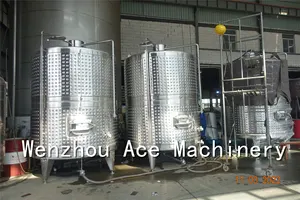

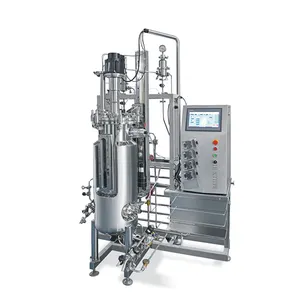



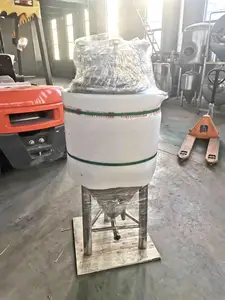







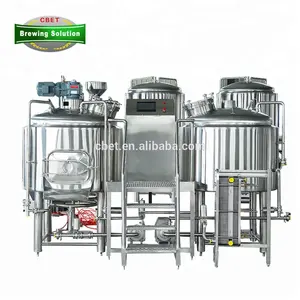
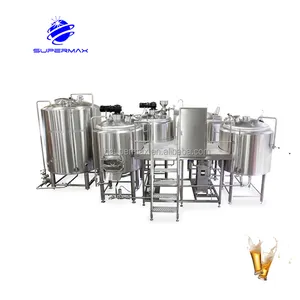
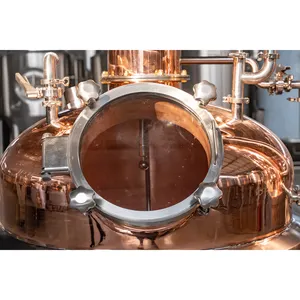


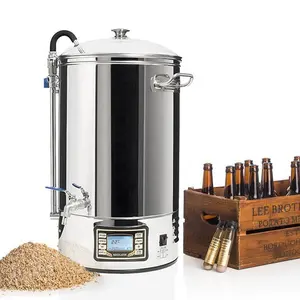


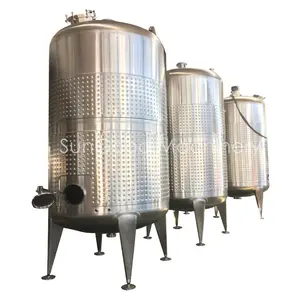

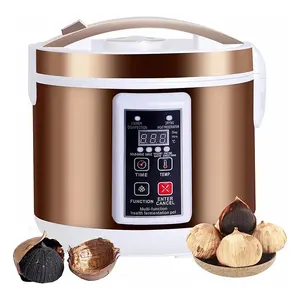

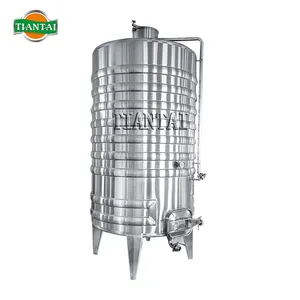
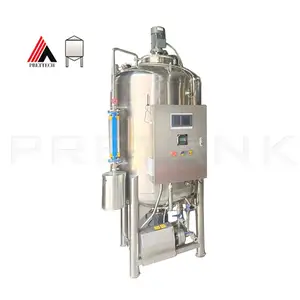
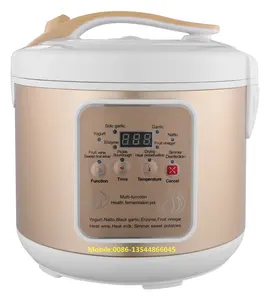
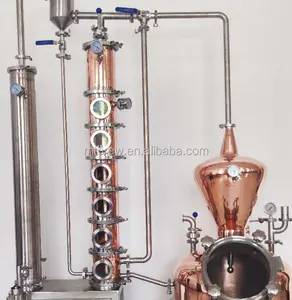










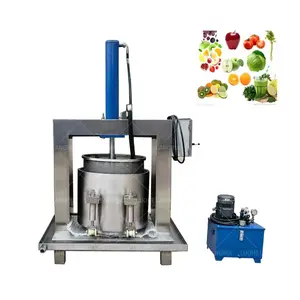



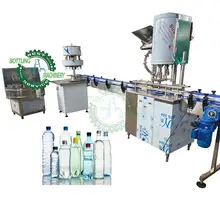


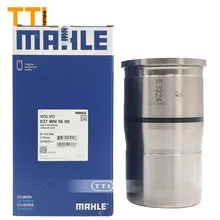

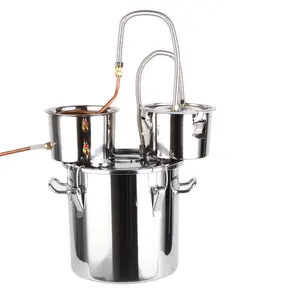
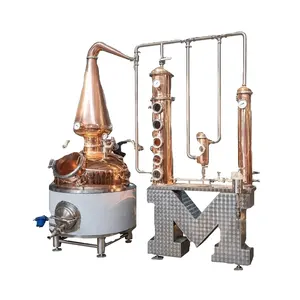
























 浙公网安备 33010002000092号
浙公网安备 33010002000092号 浙B2-20120091-4
浙B2-20120091-4